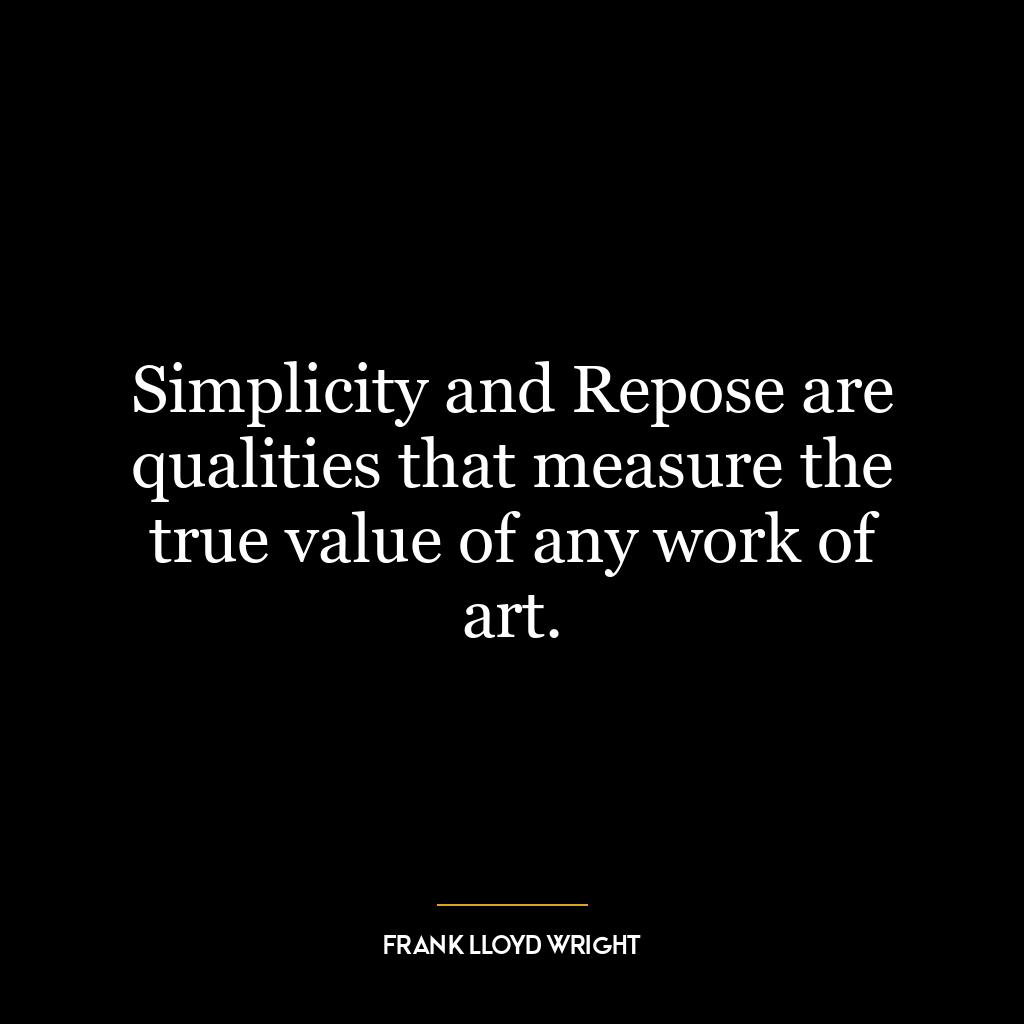Analyse data just so far as to obtain simplicity and no further.
This quote, “Analyse data just so far as to obtain simplicity and no further,” suggests that when handling data, the goal should be to simplify it to the point where it becomes easily understandable, but not beyond that point. This is because over-simplification can distort the core message or the truth behind the data, thus leading to inaccurate conclusions or decisions.
In essence, the quote is a call for balance. It emphasizes the importance of not getting lost in the complexity of data, while also warning against reducing it to such an extent that it loses its meaning or value. This is a crucial point, as data is often rich and multi-dimensional, and its true value can only be harnessed when it is interpreted correctly.
In today’s world, where data plays a central role in decision-making, this quote is particularly relevant. For instance, in business, marketing, or policy-making, data is often used to understand trends, predict future occurrences, or make strategic decisions. Here, simplifying data can help in making it more accessible and understandable to stakeholders. However, overly simplifying it can lead to misinterpretation or misrepresentation of the actual scenario, leading to poor decisions.
Similarly, in personal development, this idea can be applied to our understanding of ourselves. We are complex beings with a multitude of experiences, emotions, and traits. Simplifying this complexity can help us understand ourselves better and identify areas for improvement. However, oversimplifying can lead to a distorted self-image and hinder our growth. For instance, labeling oneself as ‘lazy’ is an oversimplification that overlooks the various factors that might contribute to one’s lack of motivation or productivity.
In conclusion, this quote is a reminder to strive for simplicity but also to respect the inherent complexity of data or any situation. It’s about finding the sweet spot between understanding and oversimplification, which is where true insight lies.








